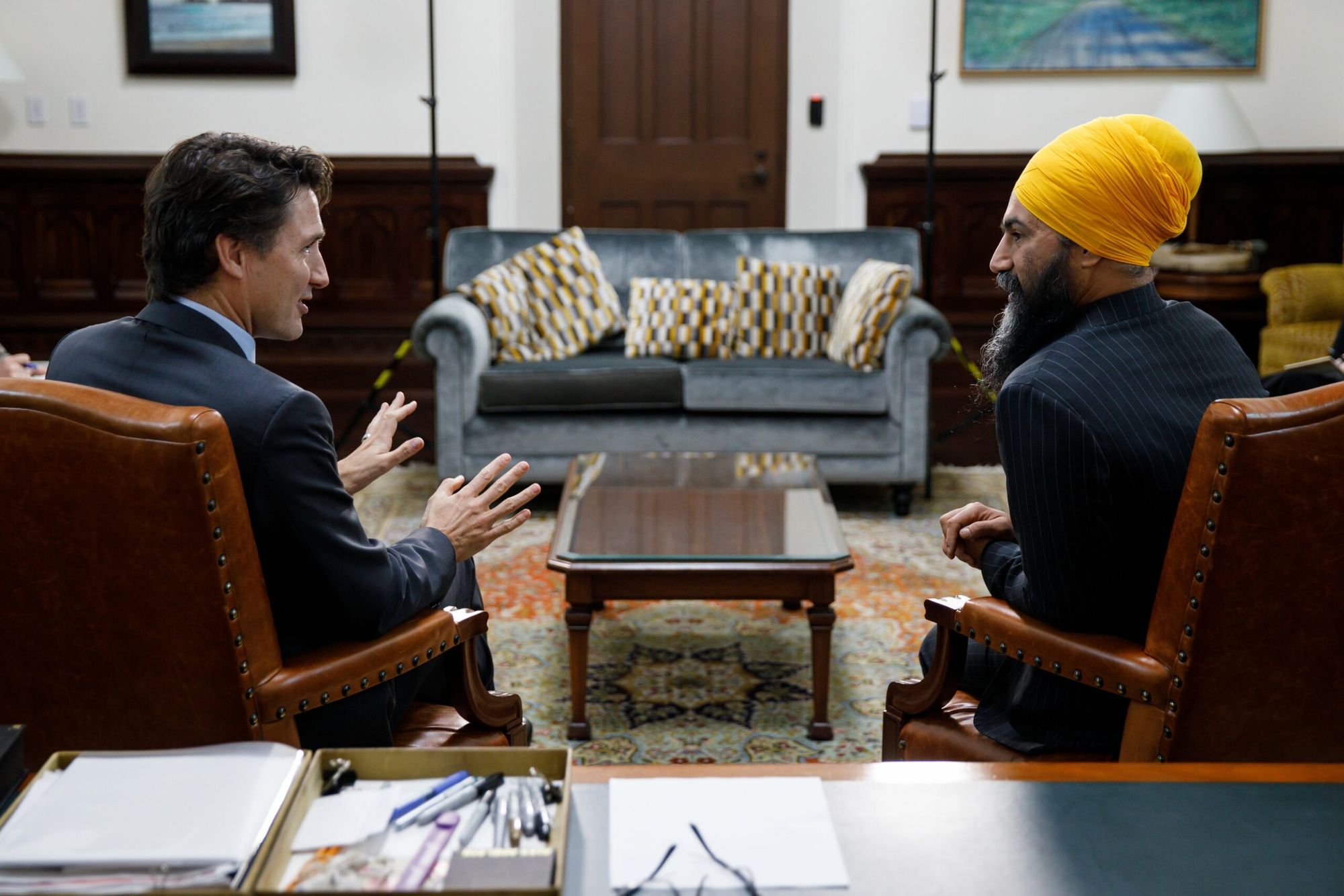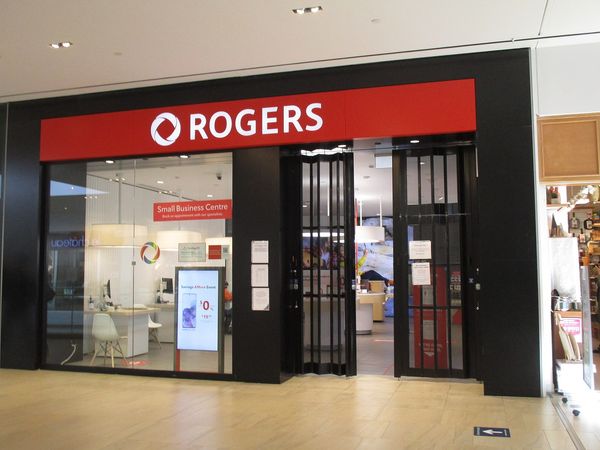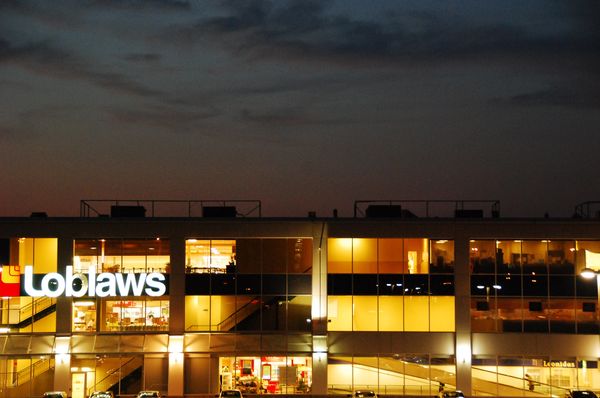On January 4, the CBC published the findings of a Radio-Canada investigation revealing that the Trudeau government has spent $66 million on consultants from the American firm McKinsey & Company since they took office in 2015, 30 times more than the Harper government. About 44 per cent of this money has been spent within Immigration, Refugees and Citizenship Canada and the Canada Border Services Agency.
On Saturday, Radio-Canada published a new report, finding even more contracts with McKinsey. The contracts they discovered — amounting to $34 million for the Department of National Defence — brought the total Liberal sum for consulting and advice to $100 million.
In 2016, Prime Minister Justin Trudeau’s government appointed longtime McKinsey staffer Dominic Barton to chair the Advisory Council on Economic Growth, a committee intended to give recommendations to then finance minister Bill Morneau. In 2019, Trudeau appointed Barton as Canada’s ambassador to China. (Two years later, he’d leave the position to become the chair of global mining giant Rio Tinto.)
In response to the initial Radio-Canada investigation, one opposition party leader told journalists, “We think that when you have qualified public servants to do the job, we shouldn’t be contracting the same work out to high-priced consultants who charge much more […] By contracting everything out, you end up paying more.” A member of parliament representing a different party said, “Canada has a strong public service who can do this work at a fraction of the cost, so there’s no reason for Trudeau to choose to hand buckets of money to his billionaire CEO friends instead.”
The first statement was from Conservative Party Leader Pierre Poilievre, speaking at a press conference on January 10, almost one week after the investigation was published. The second quote comes from a statement published by the NDP on the same day.
The McKinsey revelations should be an easy issue for the NDP to jump all over. And yet, the message being shared by the party, delivered not through its leader but rather Ethics Critic Matthew Green, is nearly identical to the Conservatives. The only difference was a confusing reference to “billionaire CEO friends” who have an unspecified relationship with McKinsey. Worse, unlike the Conservatives and the Bloc Québécois, the party didn’t hold a press conference.
Presumably in reaction to Poilievre’s fake everyman message, Green’s statement says: “The Conservatives also gave $2.2 million to McKinsey. And we’ve seen this movie before — the Conservatives benefit their powerful billionaires — not you — when they’re in power, then the Liberals benefit their own billionaires — not you — when they’re in power.” But the NDP’s statement doesn’t mention the vastly larger amount the Liberals gave to McKinsey. Singh hasn’t appeared to weigh in at all on the issue, and the party’s central Twitter account has only tweeted about it once.
It isn’t by accident that Green is responding to this and not Singh. It looks as if the NDP has a strategy that keeps Singh commenting on only two issues: so-called greedflation (or, in layman’s terms, corporate profits) and the successes that the NDP has had thanks to their deal with the Liberals. The task of criticizing Trudeau is farmed out to other NDP MPs while Singh keeps his hands clean.
In the past few weeks, the party has put out two videos of Singh taking credit for “victories” such as the newly promised dental care reimbursement, which Singh mistakenly calls a “program,” and supposedly forcing “the government to build more affordable housing and lower the rent that developers who take federal loans are allowed to charge.” He claims that rents in some cities will be lowered by as much as $1,000 per month on average.
Every critical statement released by the NDP thus far in 2023 has been attributed to a critic rather than to Singh. The last time he released a statement was December 21 to condemn “greedflation.” As someone who consistently starts sentences by saying, “When I’m Prime Minister,” he’s letting his colleagues do a lot of the heavy lifting of actually criticizing the government.
My guess is Singh’s inability to be seen as too critical of Trudeau goes back to the NDP and Liberal confidence-and-supply agreement. His job now is to convince Canadians that we got something out of it. You know, like a $500 GST rebate in exchange for support to buy new fighter jets or an air defence system for Ukraine. If Singh were seen to be too critical of Trudeau, their agreement would have to be called off. Otherwise, Singh would be exposed for having signed this deal not in the hopes of actually marshalling good public policy, but instead to simply avoid an election.
Regardless, this is bush league-level stuff. To not be out, guns blazing, against a government that has now had two major ethics scandals in a single month, is a mistake. Asking MPs to respond in statements here and there isn’t going to cut it. Certainly not as we ride through a period of decline and increasing desperation where average people need to see politicians do something rather than point to the hypocrisy of someone else.








Member discussion